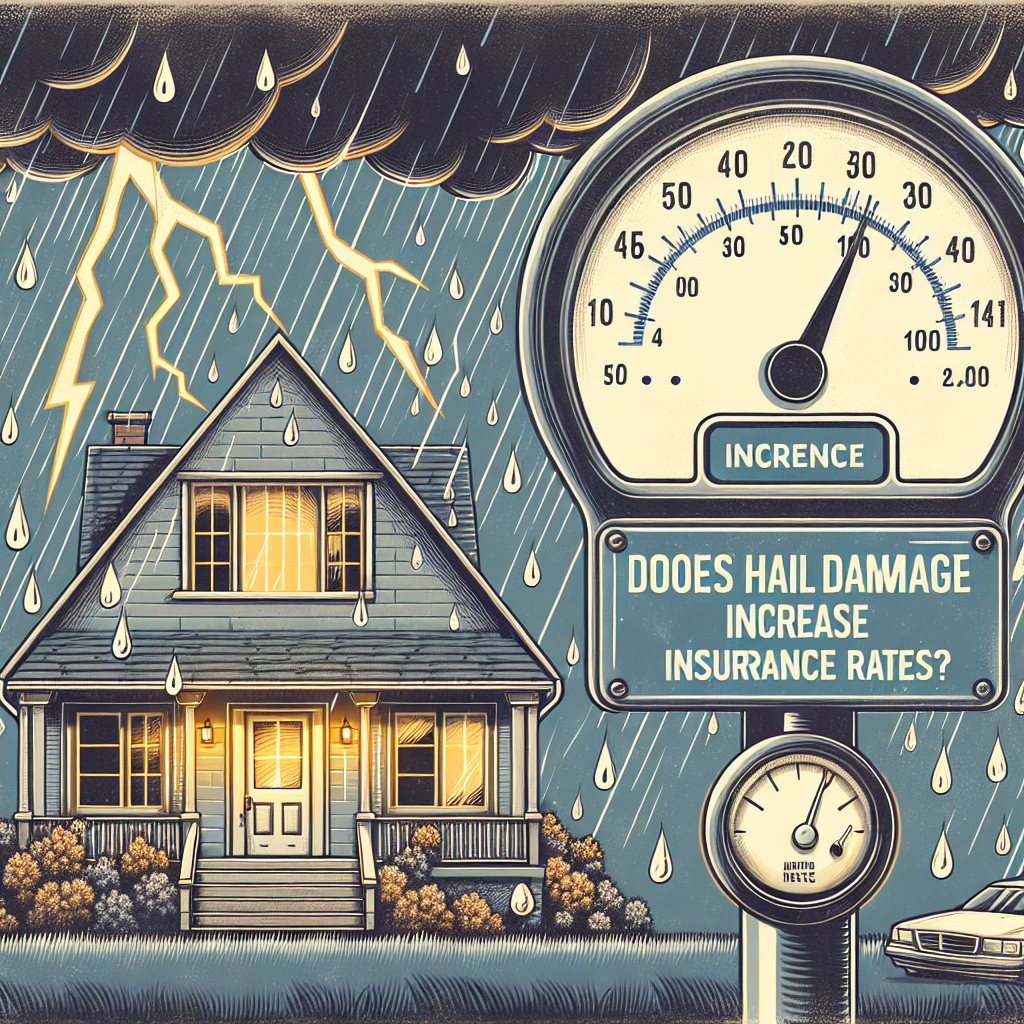Filed under Home Insurance on
How to Rent Your Home to Insurance Companies Successfully

Renting your home to insurance companies can be a lucrative and stable way to earn passive income, especially in an era where short-term housing solutions are in high demand. When unexpected situations like fires, floods, or other disasters occur, insurance companies are often in need of temporary housing solutions for displaced policyholders. This creates an opportunity for homeowners to partner with insurance firms, offering their properties as temporary sanctuaries.
Understanding the Market: Why Insurance Companies Rent Homes
Before diving into the process of renting your home to insurance companies, it’s crucial to understand the market dynamics that make such arrangements beneficial. Insurance companies aim to provide immediate, comfortable housing to their clients during difficult times. Hence, having a roster of available rental homes is a priority for them.
The increase in natural disasters globally is one reason more homeowners are eyeing this opportunity. Statista reports that the frequency of natural disasters has risen significantly over the past two decades, spiking the demand for quick housing solutions. By positioning your home as a viable option, you not only support people in need but can also capitalize on a steady income stream.
Benefits of Renting to Insurance Companies
One of the primary advantages is stability in rental income. Since the rent payments are usually backed by insurance companies, there’s a reduced risk of payment delays or defaults. Additionally, insurance companies often seek longer leases compared to regular tenants, which can provide economic assurance.
Moreover, when renting to insurance companies, property wear and tear may be less of a concern. Insurance firms typically have stringent vetting processes for their tenants, ensuring that the residents who occupy your property will take good care of it.
Steps to Rent Your Home to Insurance Companies
1. Prepare Your Property
First impressions matter significantly. To successfully rent your home to insurance companies, make your property attractive and move-in ready. This includes fresh paint, professional cleaning, and ensuring that all appliances and systems are functioning perfectly. Consider investing in quality furnishings and amenities that can enhance the comfort and appeal of your home.
- Carry out necessary repairs and renovations.
- Ensure safety measures, such as smoke detectors and alarms, are installed.
- Maintain a clean and landscaped yard.
2. Understand Legal and Insurance Considerations
Before venturing into this rental model, it’s vital to consult with a legal professional about landlord-tenant laws and how they apply to renting through insurance companies. Ensure that your property insurance covers the nuances of renting in this manner, as regulations vary significantly by jurisdiction.
Some jurisdictions may require specific permits or licenses depending on the duration and nature of the rental. Understanding these legal implications helps forestall issues and keeps the rental process seamless.
3. Set Competitive Pricing
Pricing your rental correctly is critical. Conduct a comparative market analysis, examine local rental rates, and assess the value-added benefits of your property, such as location and amenities, when setting your price. Consider consulting with property management experts for market-based insights.
4. Build Relationships with Insurance Adjusters
Insurance adjusters are integral to this rental process. Building strong relationships with them can be pivotal since they typically reach out to potential properties on behalf of their clients. Engage in networking opportunities, visit local insurance offices, and leverage LinkedIn to showcase your property and its suitability for temporary housing solutions.
Marketing Your Property Effectively
Once your property is ready and you understand the legal landscape, the next step is marketing it effectively. Optimized photos, compelling descriptions, and strategic placements of your listing can make a substantial difference.
Leveraging Online Platforms
Maximize your online presence by listing on platforms specifically designed for short-term and disaster-related housing. Websites like Airbnb or VRBO can act as initial stepping stones, but remember to highlight that you’re open to insurance company leasing.
Optimize the listing with relevant keywords like “insurance housing,” “short-term insurance accommodation,” and “temporary insurance rentals” to ensure your property appears in related searches.
Networking Within the Community
Community networks and forums can be invaluable. Join landlord associations, engage in local Facebook groups, and attend real estate meetups to spread the word. Inform your current network that you’re willing to rent your home to insurance companies, encouraging word-of-mouth referrals.
Managing the Rental Process
Once an insurance company approaches you for a rental, efficient property management becomes crucial. Regular maintenance checks, swift response to tenant requests, and maintaining a transparent communication channel greatly enhance the rental experience for both parties.
Hiring a Property Management Company
If managing the logistics seems overwhelming, consider hiring a property management company specializing in insurance rentals. They can handle everything from tenant placement to upkeep, ensuring that the rental experience remains seamless.
Understanding Tenant Needs
Understanding and catering to the needs of tenants affected by disasters is crucial. Providing extra considerations, like flexibility with lease terms and understanding unique tenant circumstances, can build a positive rapport and enhance the appeal of your property.
Ensuring a Positive Rental Experience
The key to a successful rental to insurance companies lies in providing an exceptional experience. Here are several aspects to focus on:
- Maintain a high standard of cleanliness and readiness.
- Provide clear instructions for appliance use and property rules.
- Be responsive and empathetic to tenant concerns or requests.
Industry Trends and Expert Opinions
According to market analysts, the trend of insurance company rentals is on the incline, correlating with the rise in national and global calamities. Experts like Tim Dwyer, a prominent real estate consultant, emphasize that properties offering comprehensive amenities and flexible terms stand a higher chance of being chosen for insurance rentals.
Furthermore, the digital shift is making finesse in online listings more crucial than ever. Engaging photo galleries, 3D walkthroughs, and virtual tours are becoming an industry staple, providing transparency and enticing potential insurance partners.
Conclusion: Maximizing Success in Renting to Insurance Companies
Renting your home to insurance companies successfully requires an understanding of the market, strategic property preparation, and an efficient management approach. By leveraging relationships with insurance adjusters, creating standout property listings, and focusing on tenant satisfaction, you can position your home as a top choice for insurance accommodations.
This diversified income stream not only stabilizes financial inflow but also contributes positively to families navigating unforeseen challenges. Embrace this opportunity with an open strategy, and witness how offering your property for insurance housing can make a profound difference in your financial portfolio.





